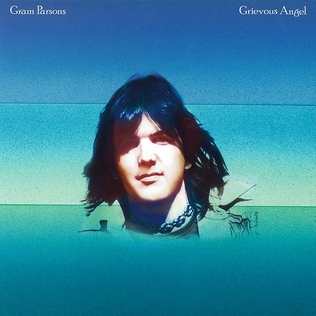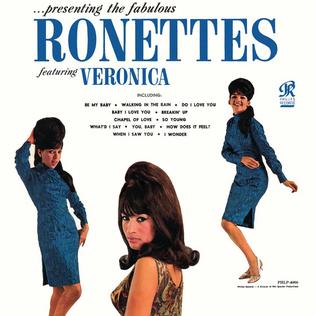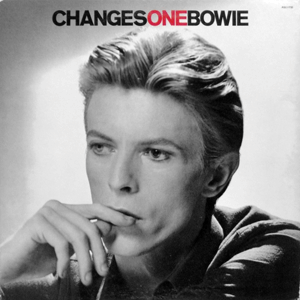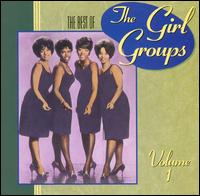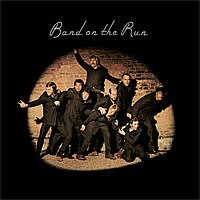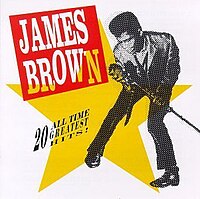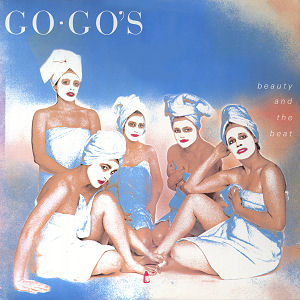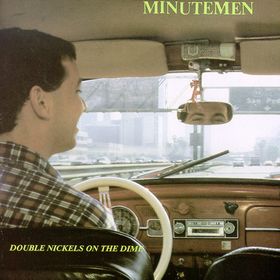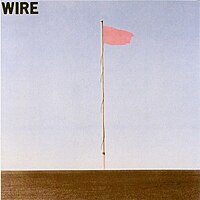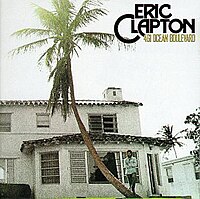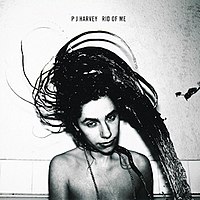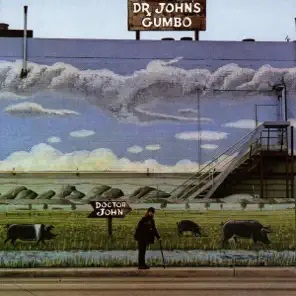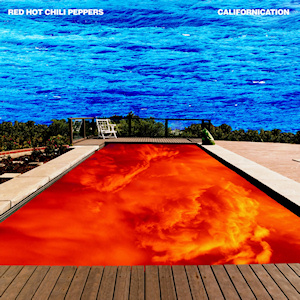 Band:
Band: Lynyrd Skynyrd
Album: (pronounced 'lĕh-'nérd 'skin-'nérd)
Why Rolling Stone gets it right: In addition to "Freebird," the album has "Gimme Three Steps" and "Tuesday's Gone," all classics within the Skynyrd catalog. Taking a page from the Allmans, Skynyrd's three-guitar attack and lush production from Al Kooper made for their most accomplished and complex record.
Why Rolling Stone gets it wrong: I'm not the biggest Southern rock fan (more on that in a bit), but this album is certainly a classic.
Best song: "Freebird" is a rock and roll classic.
Worst song: I don't like "Mississippi Kid."
Is it awesome?: Yes, actually.
For the vast majority of my music-loving life, I've professed an antipathy towards Lynyrd Skynyrd. I mentioned it in passing in
my Allman Brothers piece (and
in my "Paranoid" piece), but moreso in talking to anyone who would listen, I would mention how much I didn't like Lynyrd Skynyrd.
Mostly, I'd mention things like their showing the rebel flag at their shows (or calling an album
"The Last Rebel"), the amount of twang in their vocals, their celebration of the American South (and the subsequent
feud with Neil Young), the silliness that is people shouting "Freebird" at concerts and my general thought process that Skynyrd fans are uneducated, NASCAR-watching, American beer-drinking folks.
In short, it was mostly racism/classism/whatever. It was prejudice.
Sometimes, this type of assumption works and sometimes it doesn't. I've heard a fair amount of Molly Hatchet songs now and can definitely conclude that Molly Hatchet stinks. The Allman Brothers are simply a Southern Grateful Dead and I don't like the Dead. Mountain is terrible. A lot of Southern rock really sucks.
In my defense, part of music's draw is that we can identify with the artist's emotion and storytelling. The best love songs conjure up our own past relationships and the artists we often identify with most are those who speak to our experiences. This is, to be honest, why I don't like blue collar rock or Southern rock. I have never uttered the phrase "kinfolk" outside of total irony or mocking, yet Skynyrd uses it on the song "Poison Whiskey."
Of course I'm not going to immediately identify with that.
However, to say Skynyrd totally sucks were premature. I was going off the ill-researched impressions of Skynyrd fans and painting the music as such. In short, I hadn't listened to much of the band.
Two things turned me. The first was when Built to Spill covered "Freebird" on their 2001 tour and subsequent release (to college radio) a single of the band playing it live. I saw BTS on that tour and they played several covers (Cheap Trick's "Dream Police" and George Harrison's "What is Life?" being two others I saw them play), but "Freebird" was one of the encores and the highlight of the show.
In my listening to BTS play the song on my iPod in the subsequent time since that show, I've come to appreciate two things. First, the musicianship of BTS is pretty amazing, to replicate the complexity of the solo note-for-note is amazing.
More importantly, though, the song is a beautifully written piece of music. Despite the overall simplicity of the song's lyric (birds are free. I gotta be free like a bird. So I can fly.), it's achingly sang by Ronnie Van Sandt, and, really, the vocals play second fiddle to the actual musicianship of the band. Slide guitars are almost always effective in augmenting an acoustic song (George Harrison's
version of "If Not For You" is a great example) and "Freebird" is no exception. The song's slow, almost gospel beginning is sweet and uses the slide guitar to maximum advantage to then break into, well, something. It's probably best described as one of the best guitar solos in the history of rock and roll.
I was talking to a friend of mine last week about it and said "I used to hate this song. Boy, was I wrong. If you like awesome guitar playing and melody, you
have to like 'Freebird.'"
---
Of course, the record isn't just that song. The popular "Tuesday's Gone" is a '70s classic and like all great sad love songs, puts melancholy into song well. Producer Al Kooper's (yes,
that Al Kooper) mellotron makes for a more lush arrangement on the whole album, and "Tuesday's Gone" is the perfect example of this (though, his organ-playing on "Freebird" is a strong case, too).
"I Ain't the One" and "Gimme Three Steps" are based around strong guitar riffs and Ronnie Van Sant's wild west lyrics. Each is undeniable fun, though I'd hardly claim either is a classic. "Simple Man" is a little overwrought, but, still a really strong track. And "Poison Whiskey" is a bizarre lyric, but a cool riff.
Certainly, the centerpiece of the album is "Freebird" and that song is a classic on par with some of the other epic songs in music history ("Stairway to Heaven" is probably the best analogue). But, (pronounced 'lĕh-'nérd 'skin-'nérd)is a great album. I'm glad I was wrong about Skynyrd.




